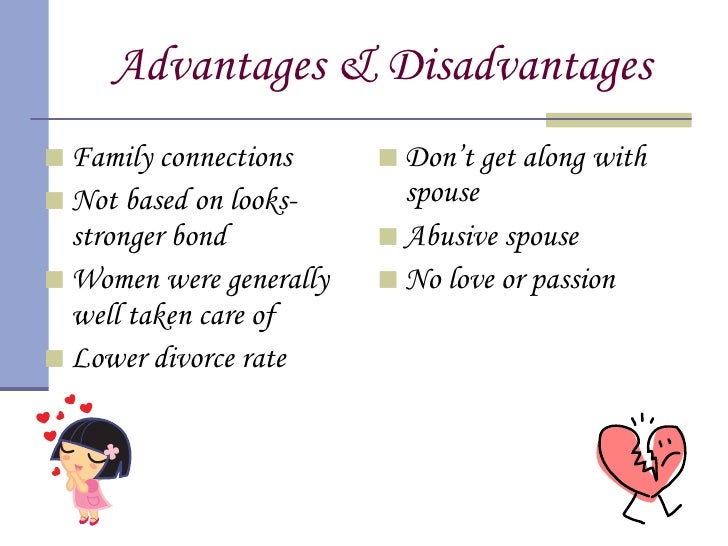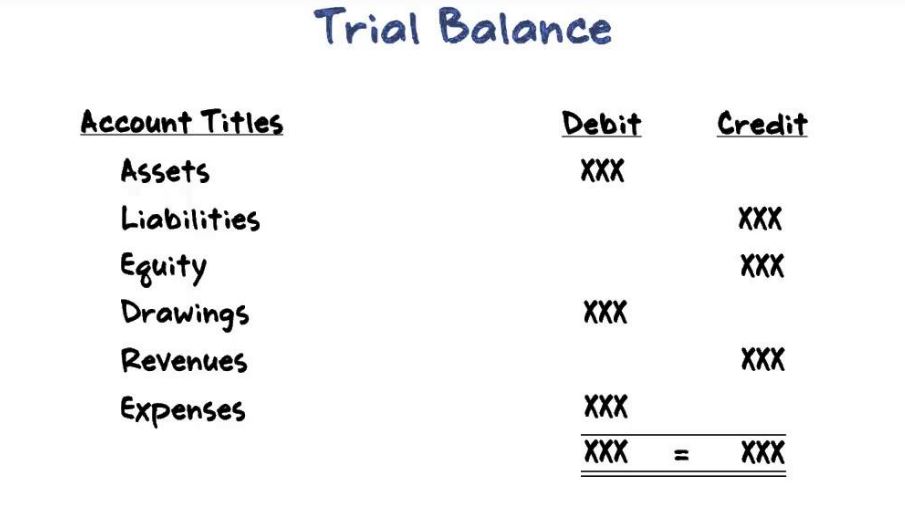In Brunswick and in most superior courts in Georgia, a hearing on any temporary relief requested in the complaint will often be set at the time the complaint is filed. Temporary relief will involve issues that cannot wait, such as child custody, visitation, and child support. Often issues regarding the children need to be stabilized quickly when the parties cannot reach agreement.
The temporary hearing will be set in quickly, usually about 45 days from the date the complaint is filed. A notice called a "Rule Nisi" will be issued by the court, stating the date and time of the temporary hearing. The Rule Nisi, together with the complaint and all other documents filed with the complaint, will then be served on the other party. In these types of cases, any party or counsel may request an expedited pendente lite hearing by filing the appropriate motion and a motion to shorten time.
The latter must be filed in accordance with Md. Rule and must include the required written certifications of failure to reach agreement and notice. Although the rule itself does not specify a time requirement for notice, the Court requires that 24 hours advance notice be provided before the motion to shorten time may be granted ex parte. The motion to shorten time shall promptly be presented by the clerk to the designated chambers Judge for ruling. The motion for expedited pendente lite hearing will be ruled on by the DCM Judge or designee. Expedited pendente lite hearings are limited in time to one hour.
If settlement does not occur after the temporary hearing, the family law lawyers will contact the judge's office to schedule a divorce trial. This trial, know as a "merits trial," may last more than one day and will be set several months into the future. The merits trial and the preparation of the merits trial will demand a lot of the attorneys' time. The merits trial is a much bigger undertaking than the temporary hearing.
It can last days instead of hours and involve numerous witnesses. This is the point in divorce litigation where the attorney's fees can begin increasing dramatically. A divorce attorney may require a sizable additional retainer before beginning the preparation required for the merits trial.
The parties should again carefully assess their willingness and financial ability to proceed before embarking on a merit's trial. Every family law case will be screened for allegations of physical or sexual abuse of a party or child along with other domestic violence issues. Discovery can take the form of written questions to be answered under oath, subpoenas being issued to third parties, or depositions of either party or other relevant persons. During the discovery period, various motions might be filed to correct actions of the other party or to take control of various issues in the case that the parties are not able to agree to prior to the divorce being final. Georgia is one of only two states that allow the merits trial to be conducted before a jury.
In Georgia the jury can rule on property division and alimony, but not child custody, visitation, and support. Sometimes attorneys who are also criminal defense attorneys will request a jury trial, but divorce lawyers almost never want a jury trial. Preparation for a jury trial is even more extensive than preparation for a trial before a judge. The jury will not be familiar with many of the complexities of marital property division, so the lawyers will need to educate the jury about these matters during the trial.
And the jury might do almost anything. Most contested divorce cases begin with what is known as a hearing on either party's request in the form of a Motion for Temporary Relief. This is perhaps the most critical phase of any South Carolina Family Court action. At this hearing, the Family Court addresses all issues raised that require an interim decision . Issues determined at this hearing can be the most critical such as custody of children, visitation, restraining orders as to assets, use and possession of the marital residence, and much more.
At a temporary hearing, there is usually no live testimony but each party is allowed to present written testimony in the form of affidavits. Sometimes, the Divorce Attorneys will have the opportunity to argue their client's position, other times they will not. The SC Family Court Judge has the opportunity to render a decision at the hearing the often remains in place until a final settlement or final merits hearing. While each case is different, there are several factors to consider when trying to determine how long a divorce takes in S.C.
The length of time largely depends on whether the divorce is contested or uncontested. A contested divorce occurs when there is a dispute involving child custody, child support, visitation, alimony, or the division of property or assets. These divorces can sometimes last over a year. The court allows the parties to engage in discovery to obtain evidence from each side. Parties will request answers to written questions , request documents to be produced, and participate in depositions and subpoenas. Discovery alone can take months to complete.
To begin the SC divorce process, one spouse ("Plaintiff") files a Complaint for Divorce. After it is filed, it must be served on the other spouse, ("Defendant") along with aSummons. The Summons informs the Defendant that a divorce action has been brought by the Plaintiff, and he or she must accept and answer the Complaint for Divorce.
What Is A Review Hearing In Divorce After the Defendant is served, he or she must file an Answer to the Complaint for Divorce. The Answer provides the Defendant with an opportunity to state any complaints or defenses he or she has related to the claims in the Complaint. If the parties are able to reach an agreement, they can sign a Settlement Agreement to divide the property, assets, debts, and liabilities. The Divorce Agreement can also settle matters of child support, custody, and visitation. Further, divorce is the option for legally ending a marriage when parties cannot agree on the terms of their separation agreement.
If parties cannot decide between themselves for example as to how they will handle the separation of assets or custody of their children, a complaint for divorce is filed and temporary motions and court involvement may be required. 4.2 Final Information.A party's final Inventory, Financial Information Statement and financial information required under the Tex. If children are involved in the proceeding, the inventory shall contain sufficient information so the court may render a qualified medical child support order regarding health insurance for the children.
This rule providing for the exchange of information shall constitute a discovery request under the T.R.C.P., and failure to comply with this rule may be grounds for sanctions. Scheduling Conferences in family law matters will be conducted by a Scheduling Conference Administrator unless otherwise directed by the Court. SCAs are attorneys who are on staff at the Circuit Court . All matters that were previously considered at scheduling conferences in accordance with this Court's DCM plan will remain in place, with the following exceptions.
Testimony will be taken by a judge or a sitting magistrate at the same date/time. Scheduled events, including pre-trial settlement conferences, will not be postponed merely by the consent of the parties or because discovery or alternative dispute resolution has not been completed. Proceedings before a Magistrate are subject to the provisions set forth in the Maryland Rules governing the use of Magistrates (Md. Rule 2-541). Once a petition has been filed with the court, it must be served on your spouse who is known as the Respondent to give them notice that the case exists. The easiest, most cost effective and time saving method is for the Respondent to agree to accept and acknowledge service in writing which is then filed with the court.
This lets the court know that the case is ready to proceed to the next level. Even at this point, the very soonest your case could be over is at least 61 days because the court, by law, cannot enter a final decree until after 60 days have passed from the time of service on the Respondent. This is known as a "cooling off" or waiting period in the event the parties change their mind about wanting a divorce. Considering that most courts have busy calendars, even a uncontested divorce hearing will usually be scheduled well beyond the 61st day.
This is known as a default divorce and is the best case scenario. You may also need a lawyer if you need help to locate or serve the other party, obtain financial information important to your case, represent you in court, or talk with the opposing party or lawyer.29. Parties involved in custody and visitation matters where there are no allegations of physical or sexual abuse of a party or child will be ordered to attend mediation. A contested case begins with the Respondent filing an answer to the petition. The answer typically disagrees with some or all of the allegations contained in the petition and may contain additional allegations and requests for relief than the petition. This places the case at issue which tells the parties, their attorneys and the court what the contested issues are.
Temporary or interim orders are important to have in place even in a default case. Such orders can be obtained either by agreement between the two of you or one of you may specially petition the court for them. If the parties agree on these issues, their attorneys can prepare and submit a stipulation with the court which is usually adopted by the court as a formal temporary order. A request for temporary orders can be filed at the same time as the petition and must likewise be served on the respondent.
On the day of the divorce hearing, it's a good idea to arrive early, in order to have plenty of time to locate the courtroom in which your case will be heard, and compose yourself. After you arrive at the court building, you should consult the list of cases displayed in the foyer, in order to determine the number of the courtroom in which your case will be heard. You can then wait by the courtroom for the court orderly to call on your case, at which point you'll enter the courtroom and sit at the table opposite the Registrar of the Court. The only matter that will be considered by the Registrar at the divorce hearing is whether or not to grant your divorce. The Registrar will not be considering any reasons for the divorce, nor will it consider any issues such as parenting arrangements, child support, spousal maintenance, child custody or property settlement. Generally, if a party does not respond to the complaint, they lose by default and are essentially stopped from defending the case.
But in our family courts, this is not the case. Even if a defending party does not respond to your complaint, you must still provide them notice of any hearing being held on the merits, as is normally the case under South Carolina Rule of Civil Procedure 5. Their failure to respond is also not deemed an admission, as it normally would be under South Carolina Rule of Civil Procedure 8. Additionally, that defendant may be heard at a merits hearing when the issue is child custody, visitation, alimony, support, equitable distribution, or attorney's fees. On the other hand, a dissolution can be thought of as a no-fault divorce.
Fault grounds are not required for a dissolution. If the parties can negotiate and come to an agreement on all terms of their separation agreement, then the parties can petition for a dissolution. A dissolution of marriage can alleviate a lot of the divorce process and expense by eliminating the need for court involvement during negotiations.
In a dissolution, once the parties reach agreement as to the details to their separation agreement, the agreement can be filed with the court and a final merits hearing can be scheduled. Dissolution can be more streamlined than a divorce. The lawyer's role is not clearly defined when representing very young children. In these cases, lawyers must substitute their own judgment on obvious matters such as protecting a child's bank account from an untrustworthy parent. The inability of a person to pay his bills as they become due.
Also, a person's legal status in federal bankruptcy court. Alimony and child support are generally not affected, but property divisions, including the marital home, are unprotected from third party creditors. Divorce may be either contested or uncontested. The divorcing parties provide the court with a copy of their agreement and, assuming that there are no major red flags, the agreement is typically approved and adopted as an order of the court.
However, Milwaukee divorce lawyer Terese J. Singer recognizes that an uncontested divorce is not always feasible. The fee for mediation may be waived if a motion for waiver of family services fees, supporting affidavit and related documents are filed within 15 days of the Order for mediation. Information and forms for the waiver are provided by the family law division. When a motion for waiver of family services fees and supporting affidavit is received, it will be reviewed by the family law administrator and forwarded to the Administrative Judge for consideration. Alternatively, the Court may request that a Court certified mediator provide mediation services at no charge to a litigant.
At the default hearing, the Petitioner is placed under oath and is asked a series of questions by their attorney to establish the existence of residency requirement among other important information for the judge. The Petitioner's rehearsed answers inform the judge that an agreement has been reached on all issues and that the grounds for dissolving your marriage exist. The judge will then render a decree of divorce which legally dissolves your marriage. The terms of the MSA become legally binding and a part of the decree of divorce.
You may not need to be at your divorce hearing, and in practice, it's actually common that people don't need to attend their divorce hearings. Attendance at a divorce hearing is only required in the following circumstances. First, either you or a lawyer representing you must attend if you've filed a sole application and there's a child of the marriage who's under 18 at the time of filing.
Second, either you or your lawyer must attend if you've indicated in your application that you wish to attend. You don't need to attend the divorce hearing at all if you've filed a joint application with your spouse, in which you both requested that the case be heard by the court in your absence. You also don't need to attend if you've filed a sole application and you have no children who are under 18. When such a situation is disclosed for the first time after the hearing begins, the judge of the court shall immediately order the suit transferred to the court in which the prior suit was filed.
An out-of-court settlement process; arbitration, mediation, negotiation or collaborative law. Some states mandate ADR for divorcing parties, although parties maintain the right to have a judge decide their case. If parties settle, they may present their written settlement agreement to a judge who rules on its fairness and grants a divorce. The parties may not agree to be divorced. Hence, settlement agreements may be called separation agreements or marital settlement agreements, never divorce agreements.
Normally, pendente lite hearings should be requested and will be set, if necessary, at the time of the scheduling conference. Once the time has passed for a response, which may be shortened in accordance with Md. Rule upon request of counsel or a party, the motion will be considered by the DCM Judge or designee and if the request is granted, scheduled by the assignment office as directed by the court. Let's start with what divorce and dissolution have in common.
Both divorce and dissolution result in the legal end to a marriage. If you and your spouse have not agreed, the judge will usually say that they need time to review all the evidence and make a decision based on Ohio law. The judge will end the hearing and issue a written decision later.




























